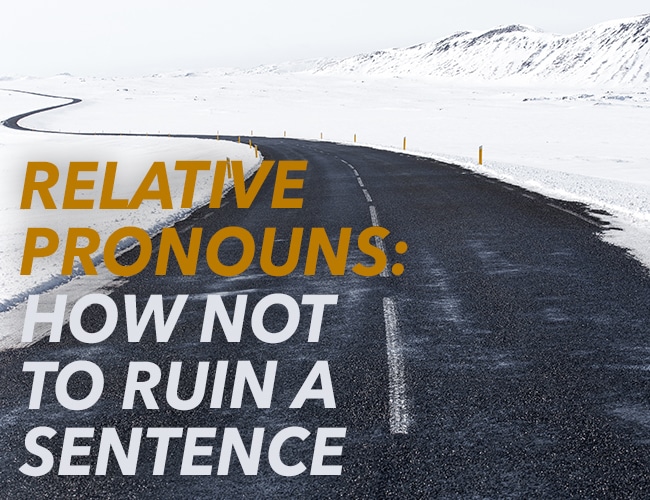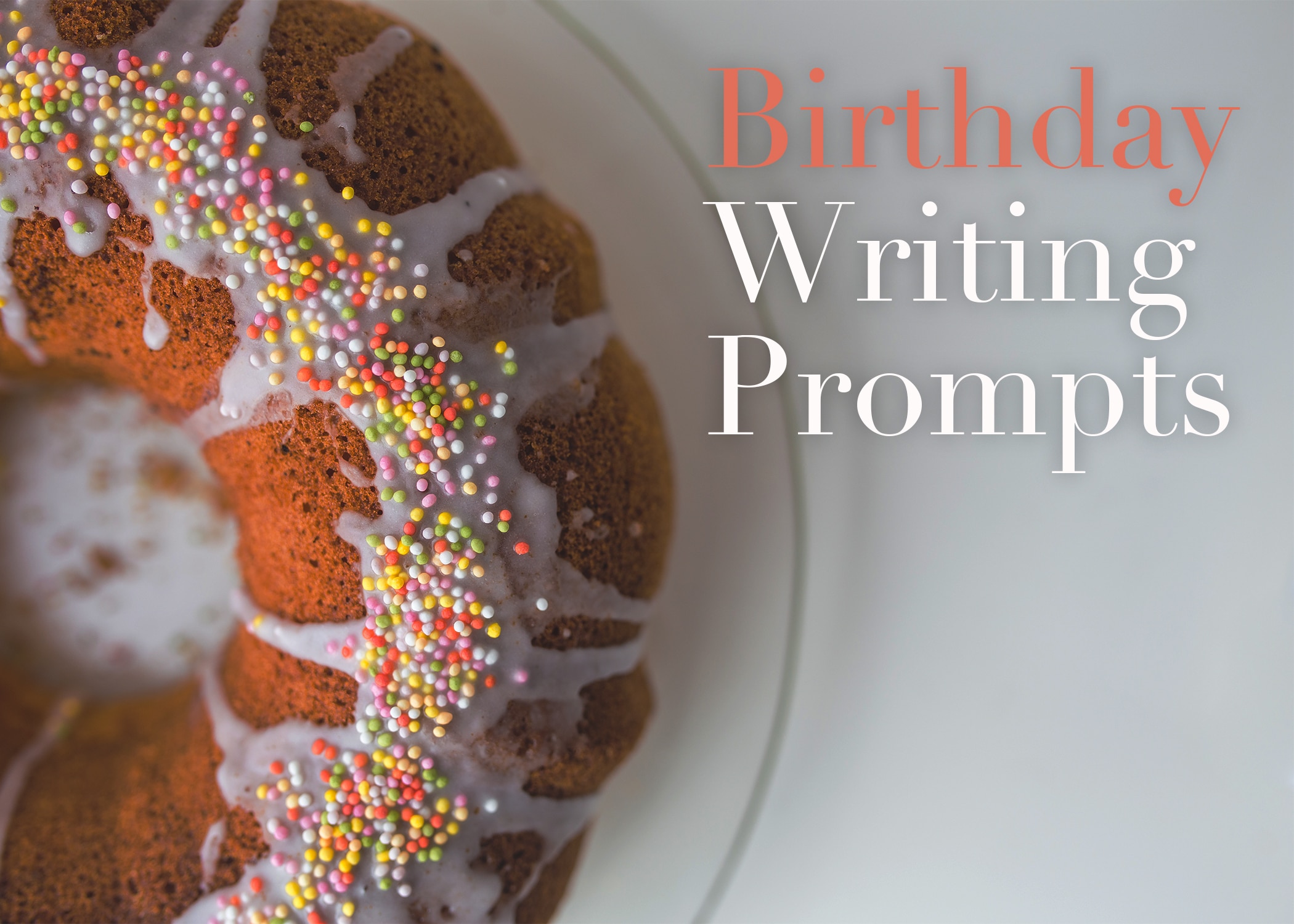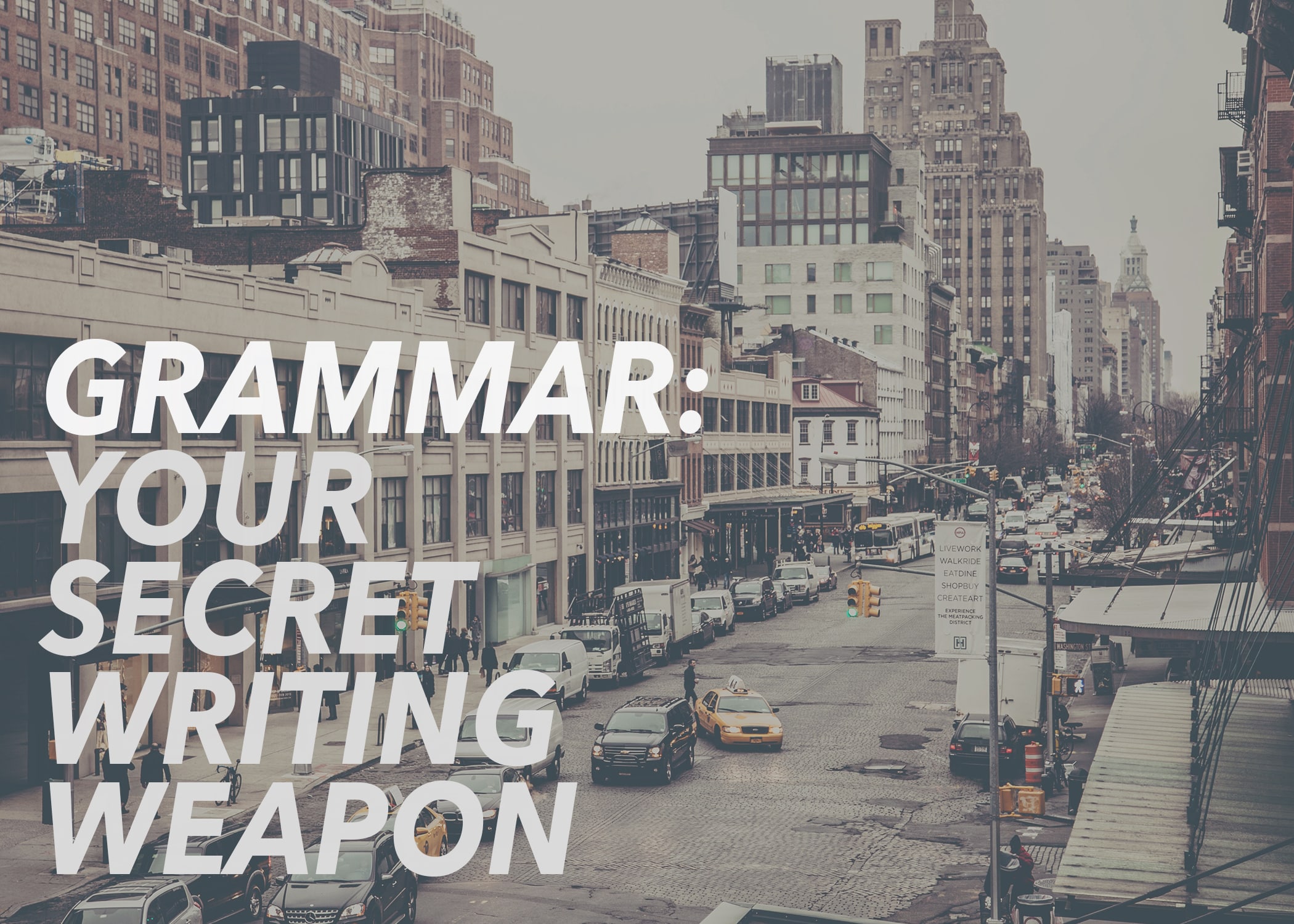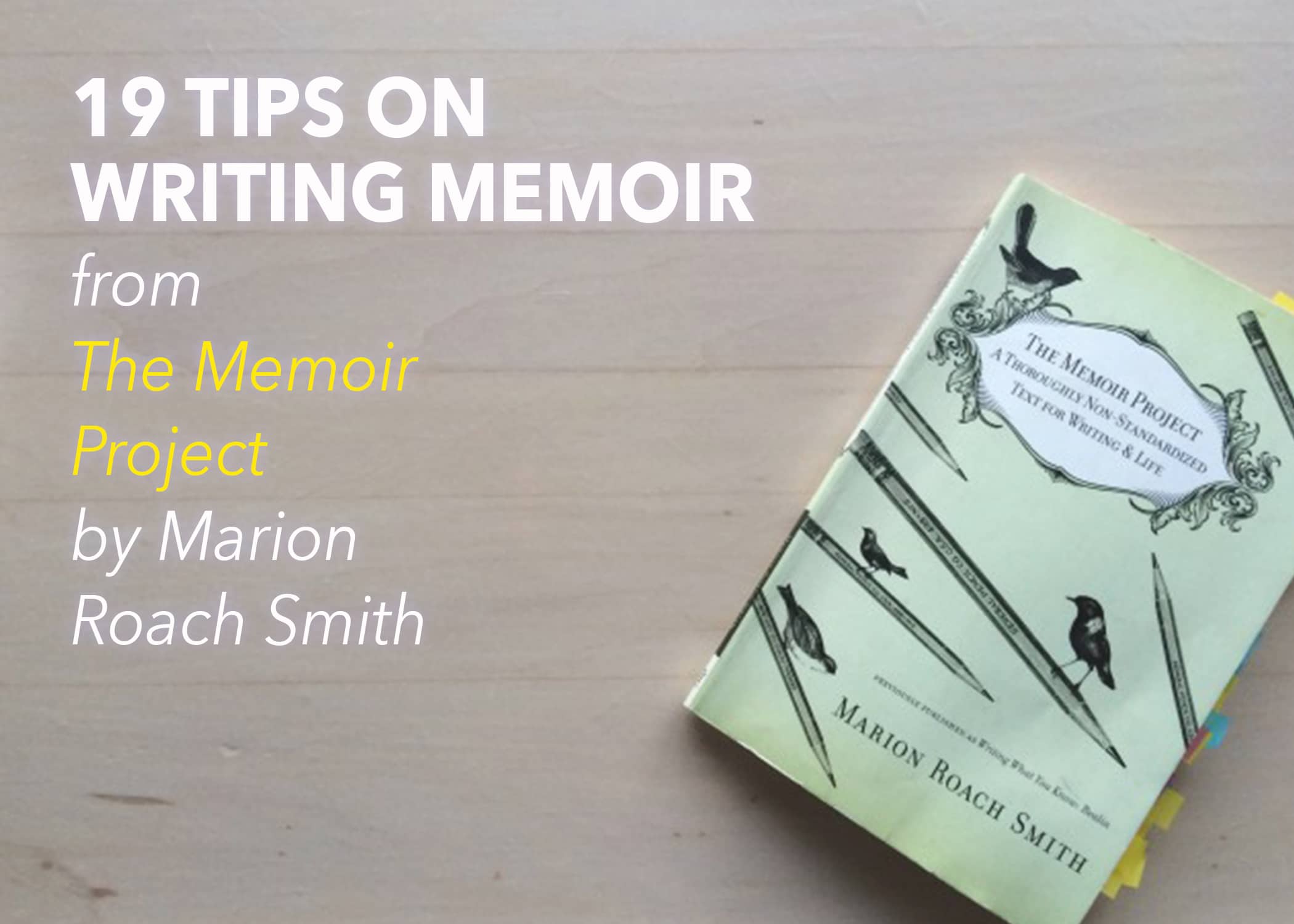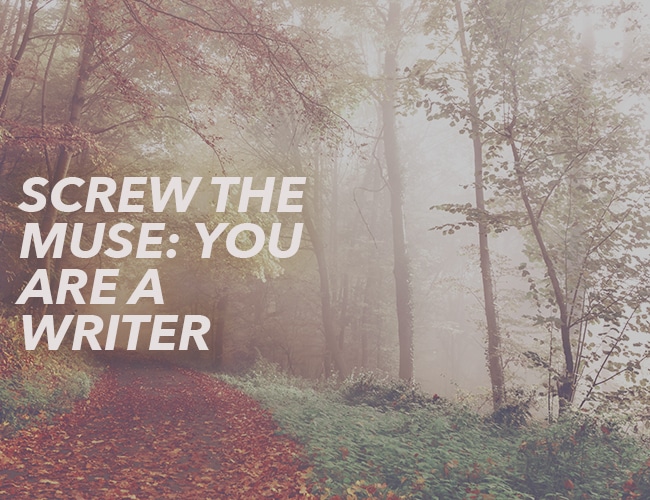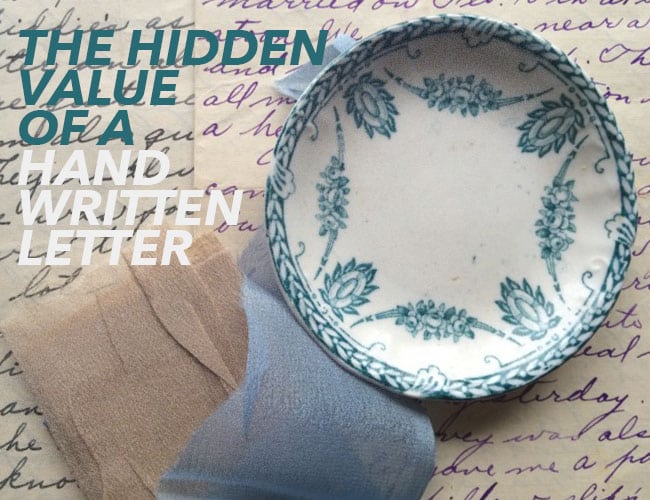Oh, relative pronouns. You crazy, crazy kids. You can cause so much frustration with your misplaced thats, whos, and whichs. Let’s have a chat and sort you all out, shall we?
Let’s say you’re telling a story about Weston, a neurologist with a bionic elbow. When do you use which relative pronoun?
